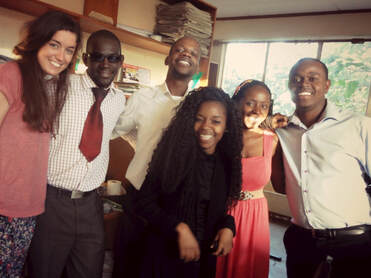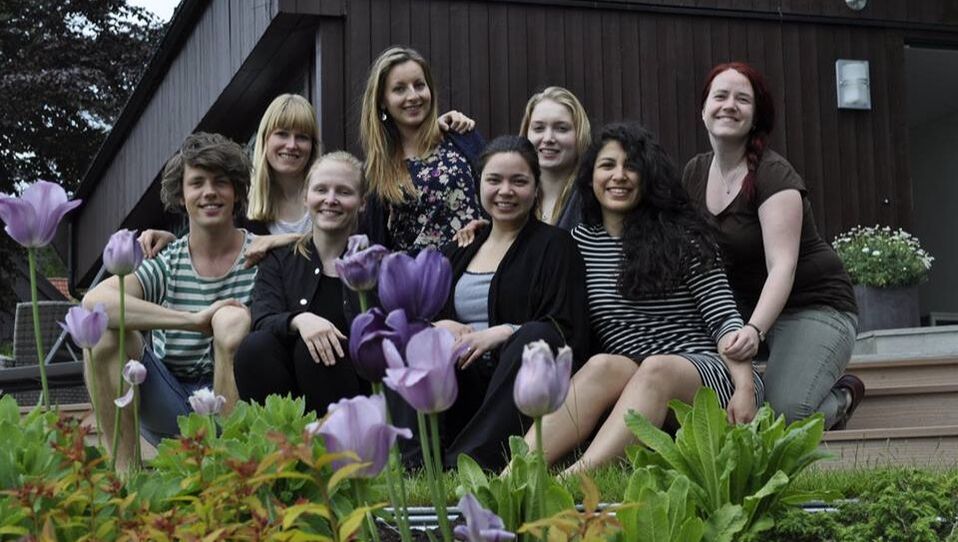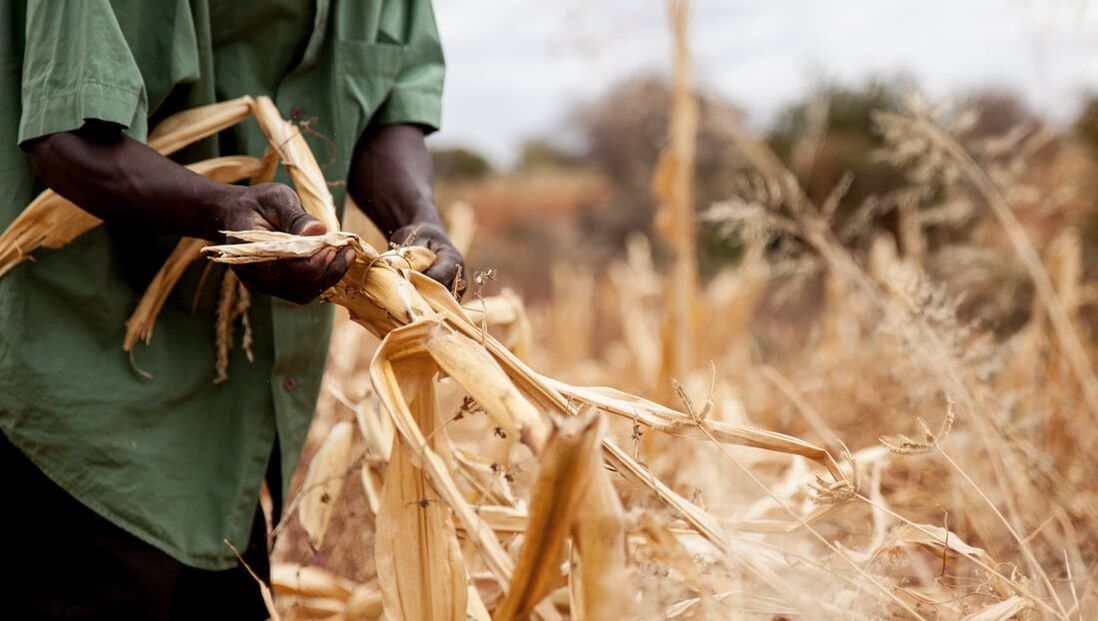|
Den deiligste tiden på året er her! Spirekontoret er stengt fram til 3. august. Nyt de fine sommerdagene i mellomtiden :) Spire reiser aldri helt på ferie, og det er mye arbeid som foregår også i sommermånedene (vi holder for eksempel på med å produsere bærekraftig kokebok, gjennomføre internasjonalt prosjekt i Malawi og planlegge kampanje om landbruk og klimarettferdighet til høsten!) Likevel tar kontoret og Spires organisasjonssekretær en velfortjent sommerfri. Kontoret er bemannet igjen fra mandag 3. august.
Er det noe som haster, kan du ta kontakt med leder Mari Gjengedal på epost mari.gjengedal@gmail.com eller telefonnummer 970 45 683. Vi håper alle våre medlemmer og følgere nyter late dager og lader batteriene for en spennende og travel høst! I mellomtiden kan du kose deg med tilbakeblikk på noen av vårens høydepunkter :) (Klikk på bildene for å få dem i større størrelse). For flere bilder, se vårt flotte bildegalleri. Husk å følge oss på Facebook og Instagram (Spireorg) i sommer!  Picture from Spire's visit to NfYD in Malawi in 2013 Picture from Spire's visit to NfYD in Malawi in 2013 This summer Spire is hosting an exciting workshop in Malawi together with our partner organizations. The topic: climate activism! This summer Spire is hosting an exciting workshop in Malawi together with youth from our partner organizations in Malawi and Ethiopia. During a week's workshop we will address issues of youth participation, women’s rights and organizational capacity building, all in relation to global climate activism. Besides being a political, economic, social and environmental problem, climate change is also a moral issue. Injustice is central in the climate change struggle. 25 countries produce 83 % of the world's CO2 emissions alone and 80 % of the world's resources are consumed or owned by only 15 % of us. This leaves 85 % of the world's population with only 20 % of the world's resources! Climate injustice is clearly visible in the asymmetrical relationship between those responsible for CO2 emission and those affected by the consequences of a changing climate. Those least responsible and most affected are also those situated in the most vulnerable regions of world, with the least capacity to adapt to the increased challenges. This is seen in all aspects of development efforts, from food insecurity to gender issues and ecological degradation. In Malawi, 84 % of the people(16 mill!) are dependent on agriculture for their income and livelihood, while 40 % of the GDP is from agriculture. The country is extremely vulnerable to climatic variability and extreme weather events, as shown in the recent flood in the beginning of this year. The flood caused 230 000 people to flee their homes, crop destruction, the killing of livestock, and homes and villages swept away. The increased frequency of floods and droughts in Malawi has devastating effects, and further increases issues of poverty and vulnerability. Climate change is not a neutral issue. It is caused by, and increases, already existing economic, political and social inequalities. The skewed power relations between those responsible and those affected has also led to a problem of motivation. Those required to change the most to address climate change (wealthy and powerful consumers, governments and corporations) are those with the least incentive to do so, as they are also the ones least affected by the current consequences of climate change. A major challenge related to this is that for a long time, businesses and governments have been exempt from the rule of cleaning up their own mess. It is high time to change this. While countries like Malawi feel the impacts of climate change the hardest, the process of climate change negotiations is dominated by developed countries. Being allowed to set the agenda is a powerful privilege and it is imperative to question who are allowed to set prices, targets and definitions. An international framework has to address the needs of developing countries. The most crucial aspect to achieve more equity is allowing these states equal negotiating opportunities. The movement for climate justice has to come from the grass-roots and across issues and national borders. It is a global dynamic movement which is built on the demand for a more just and equitable world. During the workshop in July, Spire will work together with Network for Youth Development (NfYD) a Malawian umbrella organization, and MELCA Ethiopia (Movement for Ecological Learning and Community Action). NfYD work to ensure the rights of young people in Malawi and internationally, and consists of several youth organizations, such as Young Women Can Do It. Spire and NfYD have collaborated since 2005, making NfYD our oldest international partnership. MELCA Ethiopia is a new partner organization for Spire, and we are very excited to develop our collaboration. MELCA was founded in 2004 by a group of environmental practitioners and lawyers with extensive experience, nationally and regionally, on both cultural and environmental issues. They aim to work for the revival and enhancement of traditional ecological knowledge and to protect the rights of people in Ethiopia. Through discussions and workshops we want to achieve increased knowledge on youth empowerment, advocacy and democratic processes, and how to affect the national and international policymaking on climate change. Spire has elected two representatives that will travel to Malawi in July: Hanne Krystad, coordinator for Spire`s International Committee and Stina Lindholm, a new member in Spire with an academic background and personal interest in climate politics. They find their common ground in a basic perspective that in order to create social and political change, we need mutual global efforts performed at local levels. And in any such effort, the collaboration between actors from the global South and the global North need to be defined by fundamental mutuality and exchange. This perspective informs our work with the workshop. We are in constant dialogue with our partners abroad, and our aim is to facilitate a workshop that is informing, inspiring and empowering for all participants. We are also collaborating with Operation Day’s Work and the Development Fund in Malawi and Ethiopia. We aim to keep businesses and countries responsible for their actions and accountable to the moral issues these actions cause. That is why we will develop a common message from the youth in Malawi, Ethiopia and Norway to our representatives going to COP21 in Paris in December. We want climate action and climate justice. Written by Spire's International committee For further information on the issue: Baumert, Kevin A., Timothy Herzog, and Jonathan Pershing. Navigating the Numbers: Greenhouse Gas Data and International Climate Policy. Washington, D.C.: World Resources Institute, 2005. Print. Doyle, Timothy, and Doug McEachern. Environment And Politics. London: Routledge, 2008. Print. Utviklingsfondet (2015). Malawi - Utviklingsfondet. |
|
Adresse: Schweigaards gate 34C, 0191 Oslo
Org.nr: 912 159 167 |
Vipps: #11378 |
Proudly powered by Weebly





